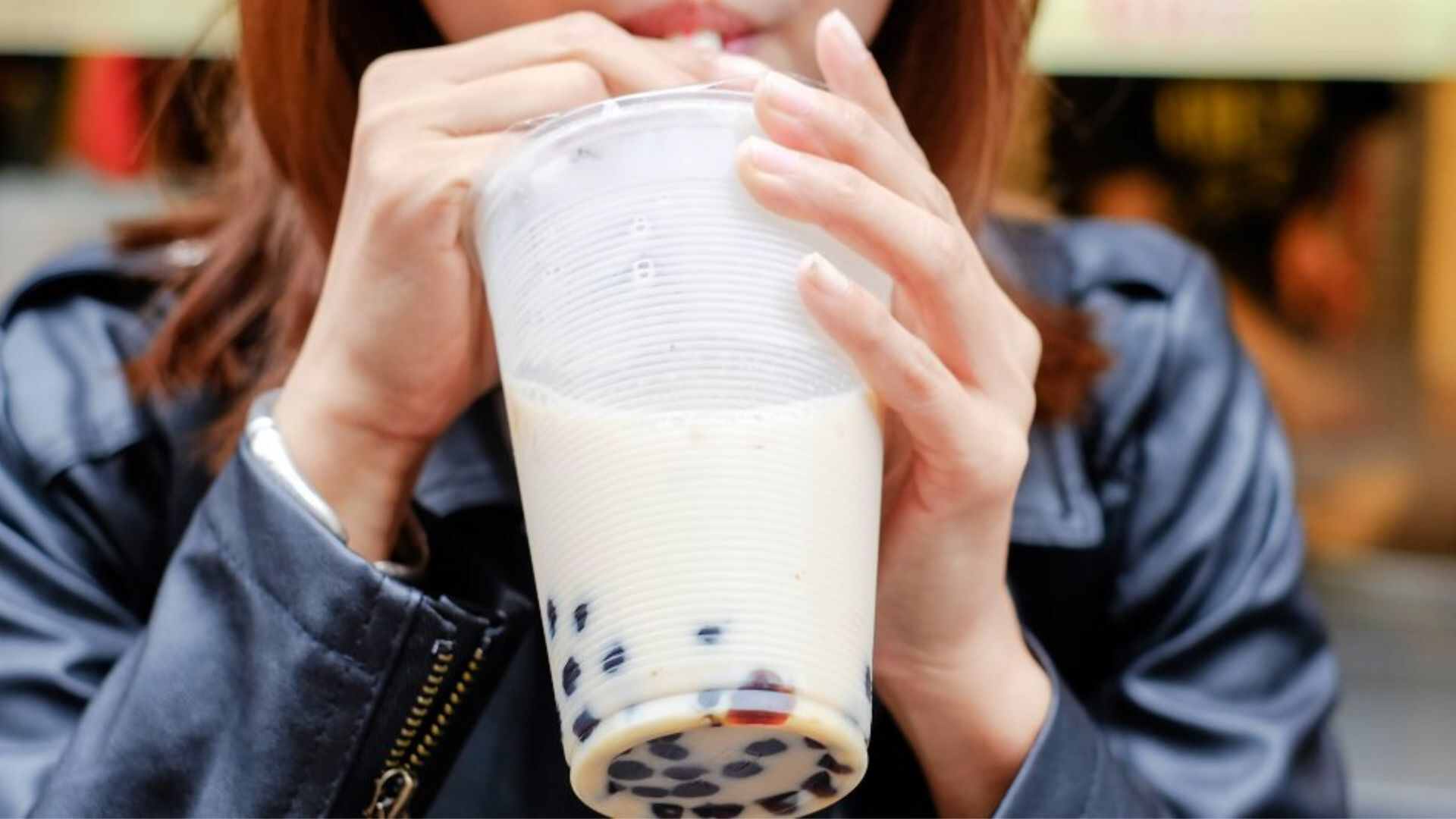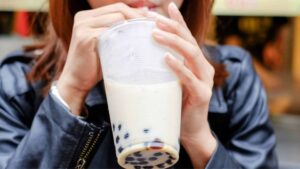Boba, or bubble tea, is a popular Taiwanese beverage that combines tapioca pearls with black tea, milk, and flavored syrup. While it is widely enjoyed for its delicious taste, frequent consumption can lead to health issues such as diabetes, kidney problems, and constipation. The drink’s allure lies in its unique flavors and chewy tapioca pearls, but experts caution that excessive intake can have serious health repercussions, particularly for the kidneys.
Bubble tea typically includes milk, tea, sweeteners, flavorings, and tapioca pearls made from cassava starch, water, and sugar. The brewed tea used can be black, jasmine, or green, all of which are rich in polyphenol antioxidants. Despite its appealing taste, moderation is key to avoid potential health risks associated with frequent consumption.
Health Effects of Frequent Boba Tea Consumption
Teenagers and adolescents love boba tea for its unique flavor and fun pearls. However, experts caution that, despite being generally safe in moderation, drinking bubble tea too often can increase the risk of diabetes and obesity due to its high sugar and calorie content.
Potential Side Effects of Bubble Tea
Constipation: Bubble tea extensively uses guar gum, an additive used in making pearls. Guar gum can cause constipation if consumed in excess, as it expands when it comes into contact with water. While guar gum can help treat constipation, consuming too much of it without sufficient water can have the opposite effect.
Kidney Issues: A significant concern with boba tea is its high sugar content. Excessive sugar intake, present in both the tea base and added sweeteners, can negatively impact your health. In addition to causing weight gain, high sugar consumption is associated with kidney problems. Your kidneys, which are responsible for filtering and removing waste from the bloodstream, struggle to function properly when faced with an overload of sugar.
Caffeine Overdose: Bubble tea contains a significant amount of caffeine. Drinking it too often can lead to overdosing, causing major health issues, including irregular heartbeat, seizures, and hormonal imbalances. Other symptoms include diarrhea, insomnia, headaches, increased thirst, and dizziness.
Diabetes: A 500ml serving of bubble tea typically contains approximately 300 calories and 38 grams of sugar.Drinking too much bubble tea can lead to type 2 diabetes. The U.S. Department of Agriculture recommends limiting added sugars to under 10 percent of your total daily calorie intake. If you follow a 2,000-calorie diet, a 500ml bubble tea would be about 76 percent of your daily sugar allowance.
While it may be impossible to completely quit drinking bubble tea, doctors recommend enjoying it in moderation to minimize its impact on your body systems, especially the kidneys. Opt for reduced sugar options, choose herbal tea bases, and stay hydrated to have a healthier boba tea experience.














